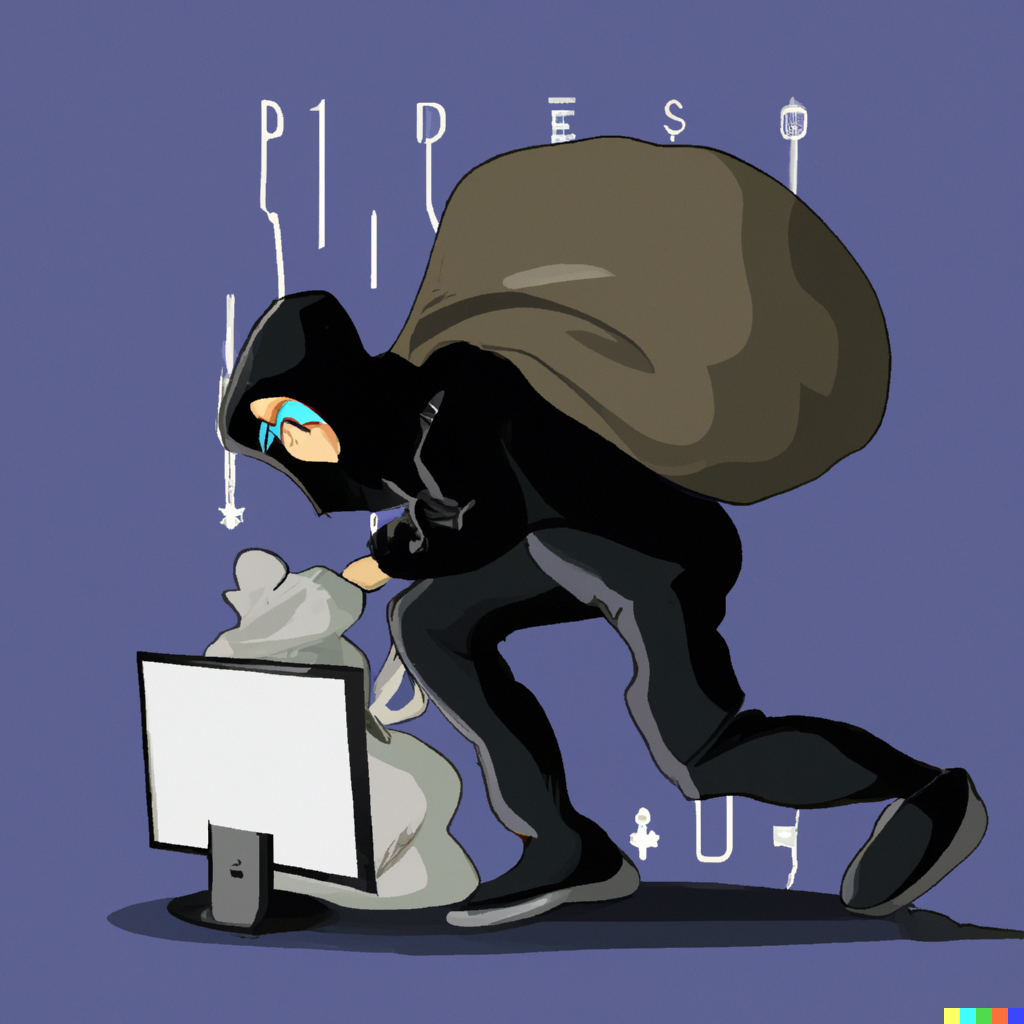Don’t Get Hacked: Here’s How!

A Small Business Owner’s Guide to Website Security and Data Protection
Small business owners often overlook the importance of website and customer data security.
However, it is essential to take appropriate measures to safeguard your website and customer information to protect your business and your customers. Here are five steps that any small business owner should take in order to secure their website and customer data.
- Install SSL Certificates: SSL (Secure Sockets Layer) is a security protocol that encrypts data transmitted between your website and a user’s web browser. Installing SSL certificates ensures that any data transferred between the two is encrypted, making it difficult for hackers to access and read the information.
- Use Strong Passwords: Weak passwords are easy to crack, making it easier for hackers to gain access to your website and customer data. To ensure the safety of your website and customer data, use strong passwords that include uppercase and lowercase letters, numbers, and symbols. Avoid using personal information such as your name or birthdate in your passwords.
- Regularly Update Software: Hackers often target websites with outdated software. To prevent this, it is essential to regularly update all software, including plugins, themes, and CMS. Most software updates contain security patches that protect against newly discovered vulnerabilities, so be sure to update as soon as new updates are available.
- Implement Two-Factor Authentication: Two-Factor Authentication (2FA) adds an extra layer of security to your website. 2FA requires users to provide two forms of identification before accessing their accounts. Implementing 2FA on your website ensures that only authorized users can access your website and customer data.
- Conduct Regular Backups: Regularly backing up your website and customer data is essential in case of a security breach. If your website is hacked or you lose customer data, having a backup ensures that you can quickly restore your website and customer data.
In conclusion, securing your website and customer data is crucial for small businesses. Taking the above steps will help prevent security breaches and protect your business and customers. Remember to always be vigilant and stay up-to-date with the latest security practices to keep your website and customer data safe.
